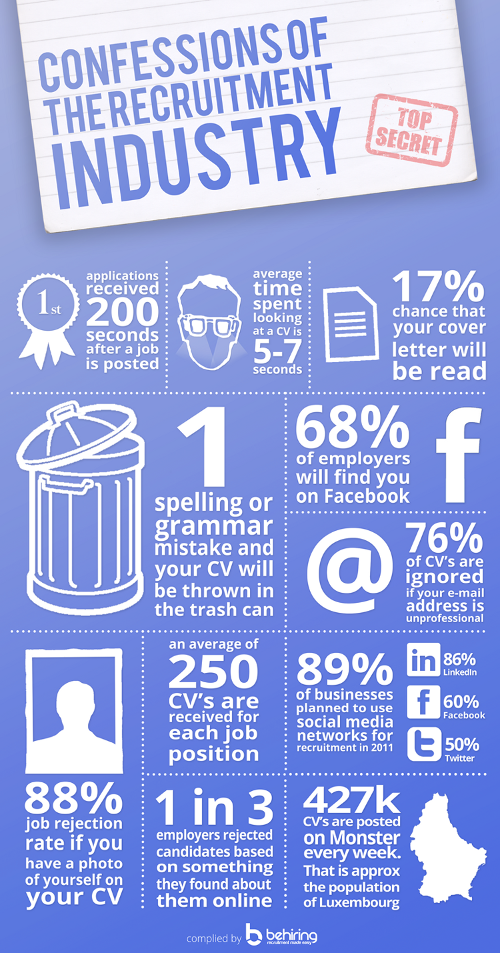Today’s post is from Russ Bray with Southern Recruiting Solutions in Tampa, Florida. Russ is a two-time member of the NPA Board of Directors, as well as a long-time member of the network. Southern Recruiting Solutions specializes in placing professionals in the chemical, oil/gas, and manufacturing industries throughout the U.S.
 As independent recruiters, how often do we hear from clients that industry experience is REQUIRED? A lot! Because of that I wanted to share with you a little detail about a split placement I just did. A trading partner placed a candidate of mine into a maintenance manager position with a chemical industry client of hers. What was interesting is my candidate had no prior chemical industry experience! She also told me she placed someone from the aerospace industry into chemical.
As independent recruiters, how often do we hear from clients that industry experience is REQUIRED? A lot! Because of that I wanted to share with you a little detail about a split placement I just did. A trading partner placed a candidate of mine into a maintenance manager position with a chemical industry client of hers. What was interesting is my candidate had no prior chemical industry experience! She also told me she placed someone from the aerospace industry into chemical.
The candidate and I had talked about this during my initial phone screen. He had done some job searching on his own, talked to some other independent recruiters, and knew the scenario. Chemical and oil/gas companies would not consider his background because he worked in the steel industry. (Note: I’m not picking on the chemical industry. It just so happens that’s the area I’m working in currently. In my previous experience recruiting in information technology and aerospace/defense, I heard the same thing.)
Everything else about him looked good in my opinion. Good tenure, degree, reasonable salary, professional to work with and we both felt a lot of the equipment in the steel plant was similar to what is used in a chemical facility.
Well, kudos to my trading partner for giving him a shot. Her client saw the value in the candidate as well.
What makes this a more critical problem today? Earlier this year, NPA members listened to an industry speaker quote some Department of Labor statistics about the talent shortage. Some of you will also know what I am talking about. From now until about 2020 we are facing a shortage of professional personnel in the 6-20 million ranges. Share that with your clients next time you speak with them. Also let them know that other companies are making some concessions for this very reason. It’s a variation on the saying, “Don’t let perfect get in the way of good.” Lou Adler would say this is what is wrong with skills- and experience-based job descriptions, which focus on what a candidate HAS instead of what a candidate can DO. By helping clients define success based on performance instead of on skills and experience, independent recruiters might find a lot more opportunities for great candidates who come from similar – but not exact – industries.
Obviously there are jobs where industry experience is mandatory and you’re not going to change their mind. But in addition to listening to your client (regardless of the industries you work) remember that as independent recruiters your job is also to advise your client on whether their expectations are realistic. If the job has been open for six months, obviously there is a problem. A good question to ask when taking the job order is, “If I can show you a candidate that meets the vast majority of your requirements but comes from a different industry would you like to see him/her? This could allow you (the employer) to fill this position much quicker and stop the job vacancy from costing your company money.”
What is your experience with clients hiring candidates from a different industry? What do you hear from other independent recruiters? Comment below!










